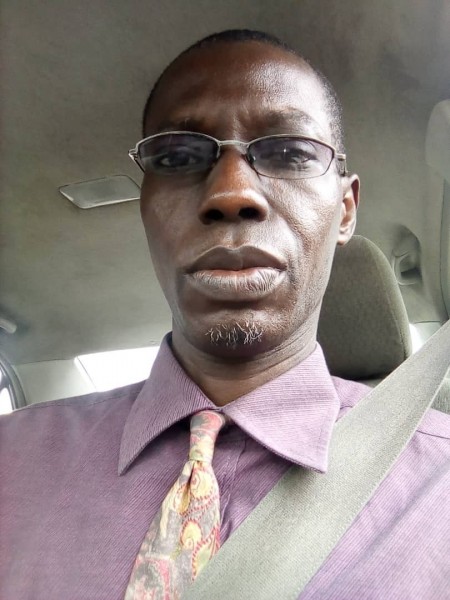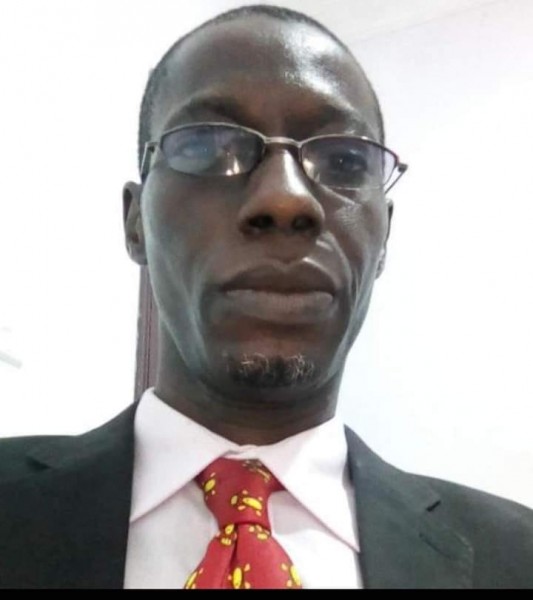A journalist in Nigeria has been arrested and will be sued for libel over an article he wrote revealing alleged corruption in the Nigerian Football Federation.
Olajide Fashikun, editor of the National Accord newspaper in the capital Abuja, was arrested by a plain clothes police officer, after he wrote a series of articles about a letter bearing the allegedly forged signature of Sepp Blatter, president of world football governing body FIFA, to the Nigerian Football Federation (NFF). Although Fashikun has since been released, the offices of the newspaper were ransacked and his laptop and hard drive were seized. Fashikun is being sued because the NFF has claimed that the integrity of its committee members has been damaged by his articles.
Fashikun wrote to Sepp Blatter and Jerome Valcke, the president and general secretary of FIFA, respectively, to complain about documents with an irregular signature and urging them to open an inquiry. The allegedly-forged letter in question was purportedly written by Blatter to congratulate Alhaji Aminu Maigari on winning the presidency of the Nigerian Football Federation. The election of Maigari was shrouded in controversy, as his main opponent withdrew from the competition.
Harassment of journalists is not uncommon in Nigeria. The National Accord is not the first newspaper to be raided by the police. In October, the Nation was raided and six journalists were arrested, as IPI reported at the time.
The Nation had published an article revealing on the front page a letter allegedly written by former head of state Olusegun Obasanjo to President Goodluck Jonathan. In the letter Obasanjo appeared to suggest that President Jonathan should replace five particular directors of departments. Obasanjo vehemently denied the allegations; however the Nation stood by its article and refused to reveal the source of the letter. The newspaper’s offices were subsequently raided and several journalists were arrested. The Nigerian House of Representatives, though, found that the investigation had crossed the line, and asked Police Inspector General Hafiz Ringim to write a letter of apology.
Paul Ohia, the diplomatic editor of Nigeria’s THISDAY newspapers said: “The culture of invading newspaper houses should have been left behind during the military era, and this time around the security forces ought to have realised that they must work hand-in-hand with the press to curtail rising terrorism in the country. This is mere dissipation of energy while there are troubling issues to be handled.”
IPI Executive Director Alison Bethel McKenzie said: “This recent tendency to arrest journalists and to seize their computers and hard drives is worrying. More must be done to guarantee freedom of the media in Nigeria.”


